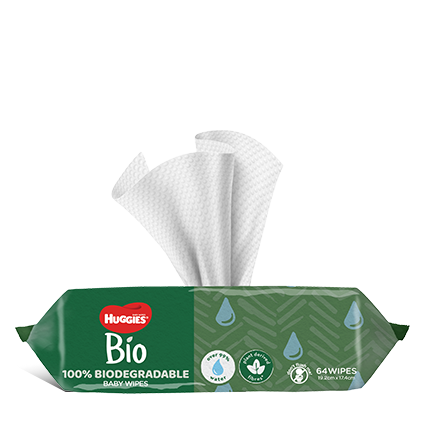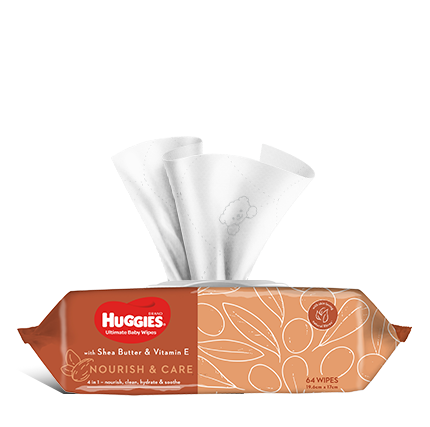What will happen in those first few hours after birth, when your baby has arrived?
Will you have a calm, relaxed period where you and your partner can gaze at your little bundle in awe and start the long journey of parenting your child in a loving, warm atmosphere? Or will you and/or your baby be whisked off by doctors for urgent treatment?
You really won’t know until your baby is born, so it’s important not to get too fixated on how your first meeting with your baby might turn out; but in most cases, you will have the opportunity to spend some quiet time getting to know your baby.
Labour is such an energetic, intense and physically active time, that many women are surprised by the suddenness of the physical exhaustion that often hits as soon as their baby has been born.
At the same time, you are likely to be on an emotional high, excited, awed and astounded by what has gone before and by the reality of having your baby in your arms at last. Many women experience a great sense of relief, followed by a feeling of deep peace and calm.
In a vaginal birth, the tight passage through the birth canal squeezes most of the fluid from your baby’s lungs, so that after nine months spent floating in amniotic fluid, your baby is ready to take his first breath.
As the baby’s head emerges, midwives and doctors will often also use a light suction tool, called an aspirator, to clear fluid from the baby’s mouth, nose and upper respiratory tract.
In first few seconds after your baby is born, his body must switch from receiving all of his oxygen and nutrients through his umbilical cord, to breathing oxygen and digesting food and drink; from fetal circulation, to newborn circulation.
This amazing change happens automatically; a valve closes in his heart, his lung tissues fill with blood and he takes his first breath, filling his lungs and then his blood with oxygen.
When your baby is born, cord clamping might happen straight away – or there may be a delay of five minutes or more, until the cord has stopped pulsating, depending on the decisions you have made previously with your caregiver and on other options you may have chosen, such as cord blood donation or storage.
The Apgar Score
About a minute after birth, your caregiver checks your baby and gives him a ‘score’ out of ten, using a five-point guideline called the Apgar test; the assessment is made again at five minutes.
The test assesses your baby’s colour, breathing, heart-rate, muscle tone and response to stimuli, giving 0, 1 or 2 points for each.
Most babies will have a score of around 8 points at one minute and 10 points at five minutes; however, if a baby has experienced a more difficult birth, the first score may be less than five.
The score is widely used to give doctors an idea about how traumatic the baby’s delivery has been and how well he may have recovered.
Anything over six is normal, less means immediate attention is needed, with a score less than three indicating the baby may need resuscitation.
Sample Apgar Scoring Chart
| 0 | 1 | 2 | |
|---|---|---|---|
| Skin Colour | Blue | Extremities – blue | Completely pink |
| Breathing | Absent | Slow | Normal |
| Muscle Tone | Limp | Some movement | Strong movement |
| Response to Stimuli | Absent | Slight | Cry, cough or sneeze |
| Heart Rate | Absent | Under 100 beats per minute | Over 100 beats per minute |
When your baby is born, your caregiver will usually either wrap him in a blanket, or put his naked body against your skin, as the air on his skin will feel very cold after he has been absorbed in the warm watery world of the womb for so long.
If your caregiver is concerned about his breathing, they may use an aspirator to suction any fluid still present in his nose and mouth.
Little new babies often have husky, mucousy breathing for a few days after birth; that’s not usually too worrying, after all, they have been submerged in fluid for a long time – but do check with your doctor if you’re concerned.
The lights will seem very bright to your baby, and the noises around him very loud; if there is no urgent need for medical intervention, many caregivers will dim the lights when the baby has been born and try to keep things quiet, to protect him from the harsh new world.
Often, your caregiver will put your baby straight onto your breast – and a newborn’s instinctive reflex can often work wonderfully well, with some brand new babies taking to breastfeeding in seconds.
If your baby was born vaginally, his head might look a little squished and cone-shaped as a result of his journey through the birth canal. Sometimes, particularly if he had a forceps delivery or was born very quickly, he might have bruises from trauma during the birth.
He might be slippery with amniotic fluid and blood, or perhaps have a yellowish waxy substance on his skin called ‘vernix’, which protected him in the womb; or his skin might be peeling slightly.
And he will be astoundingly beautiful, no matter how squished or messy!
New babies are often very alert in the early minutes after birth and if the lights and noises are low, may open their eyes and look with wonder around their new world.
The best focusing distance for a new baby is around 15 to 30 centimetres, corresponding to the distance between his mother’s breast and her face, so held close, he may focus on his mother and father’s faces and may recognise his parent’s voices.
Depending on other decisions made, hopefully in the months leading up to the birth, your baby may be given an injection of Vitamin K and even an injection of Hepatitis B shortly after birth, although many parents insist on waiting at least 24 hours before these are given, with some choosing an oral application of Vitamin K rather than giving their tiny baby an injection.
Some hospitals routinely give silver nitrate eyedrops to all newborns to prevent cross-infection from a mother with gonorrhea, however it is a very good idea to be pre-screened for this infection before birth, and if it is absent, ensure that you have made and communicated a decision about this treatment.
Some time in the first hour or two, your baby will probably have a little hospital ID tag attached to his foot and perhaps one hand, and he will be weighed and measured.
Sometimes, your caregiver and your partner may bathe your newborn, often while you deliver the placenta and have any post-birth stitches or treatment.
This can be a very calm and lovely experience for a new baby and a lovely activity for a new father.
However some argue that a bath may lower a baby’s temperature and remove vernix, which may offer a new baby’s sensitive skin some protection for the first few days after birth.
It is wise to discuss these options with your partner and caregiver beforehand if possible.
Your baby may be alert for an hour or two and then very sleepy for the first few days after birth, but unfortunately this doesn’t last all that long!
Many new mothers are so wired and excited by the birth that they find it difficult to sleep for many hours afterwards. That’s ok, and completely normal! Just try to rest.
While you will want to let your family and friends know all about your new arrival, it can often disturb the first few tranquil bonding hours if they are filled with phone calls and texts and even visitors.
Some parents arrange to set up a group text message beforehand; others line up a friend who is responsible for calling everyone on their ‘list’ with the essential details like weight, time of birth and gender.
Whatever you do, make sure you enjoy the first few hours of your new baby’s life and take some time to celebrate the amazing arrival of your child.
For more information see Newborn care or Baby Care.
Last Published* May, 2024
*Please note that the published date may not be the same as the date that the content was created and that information above may have changed since.


















